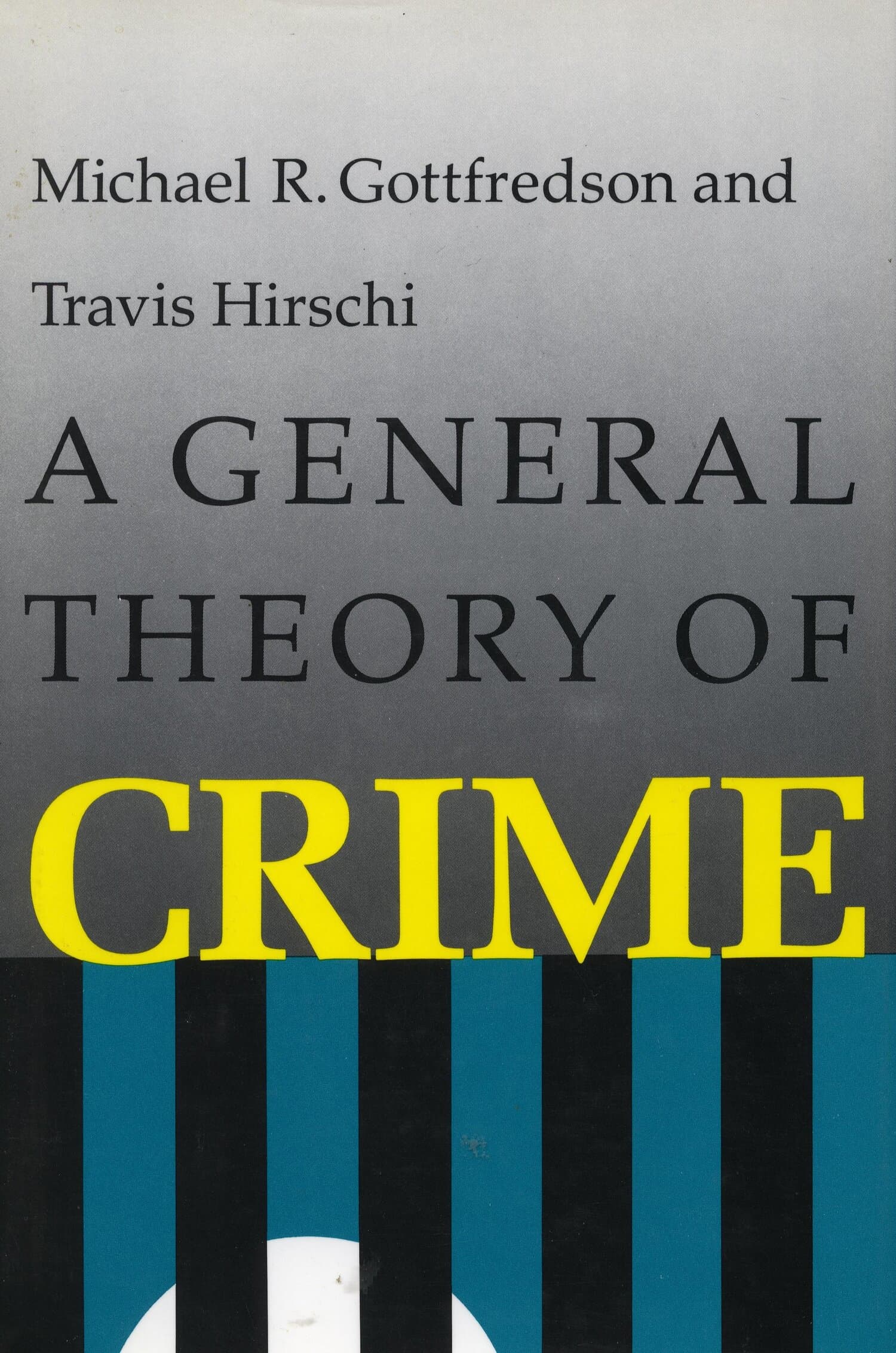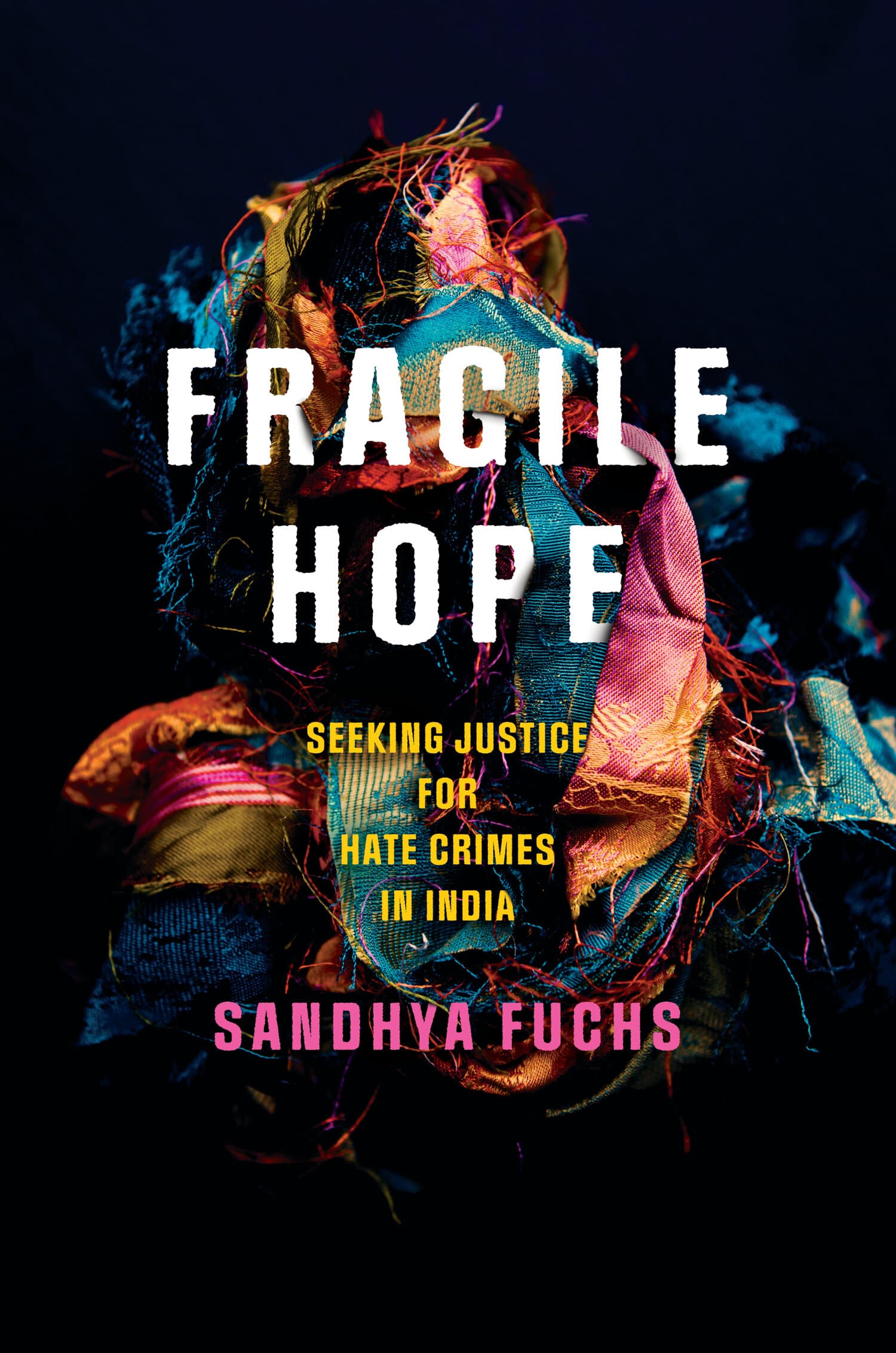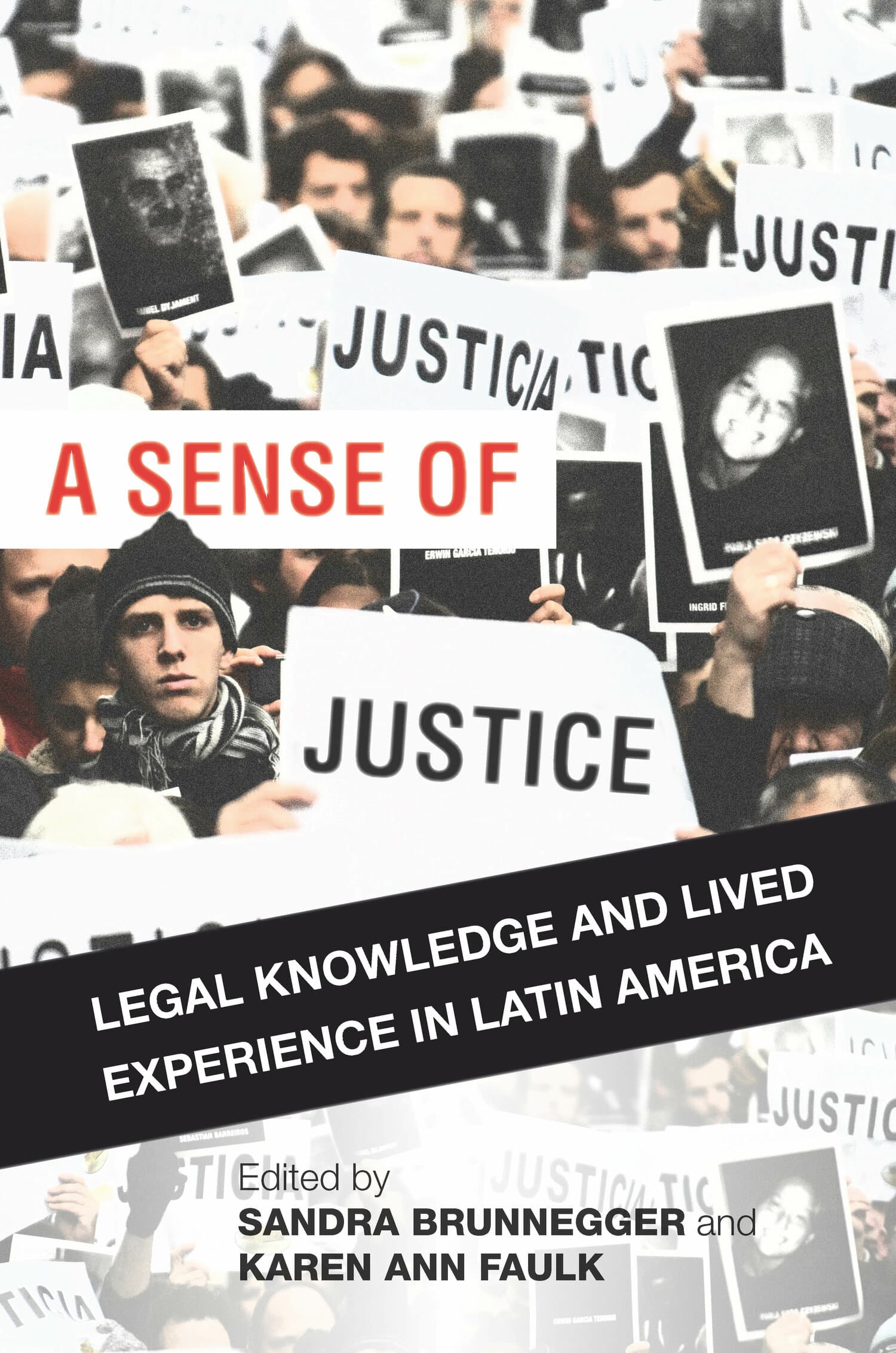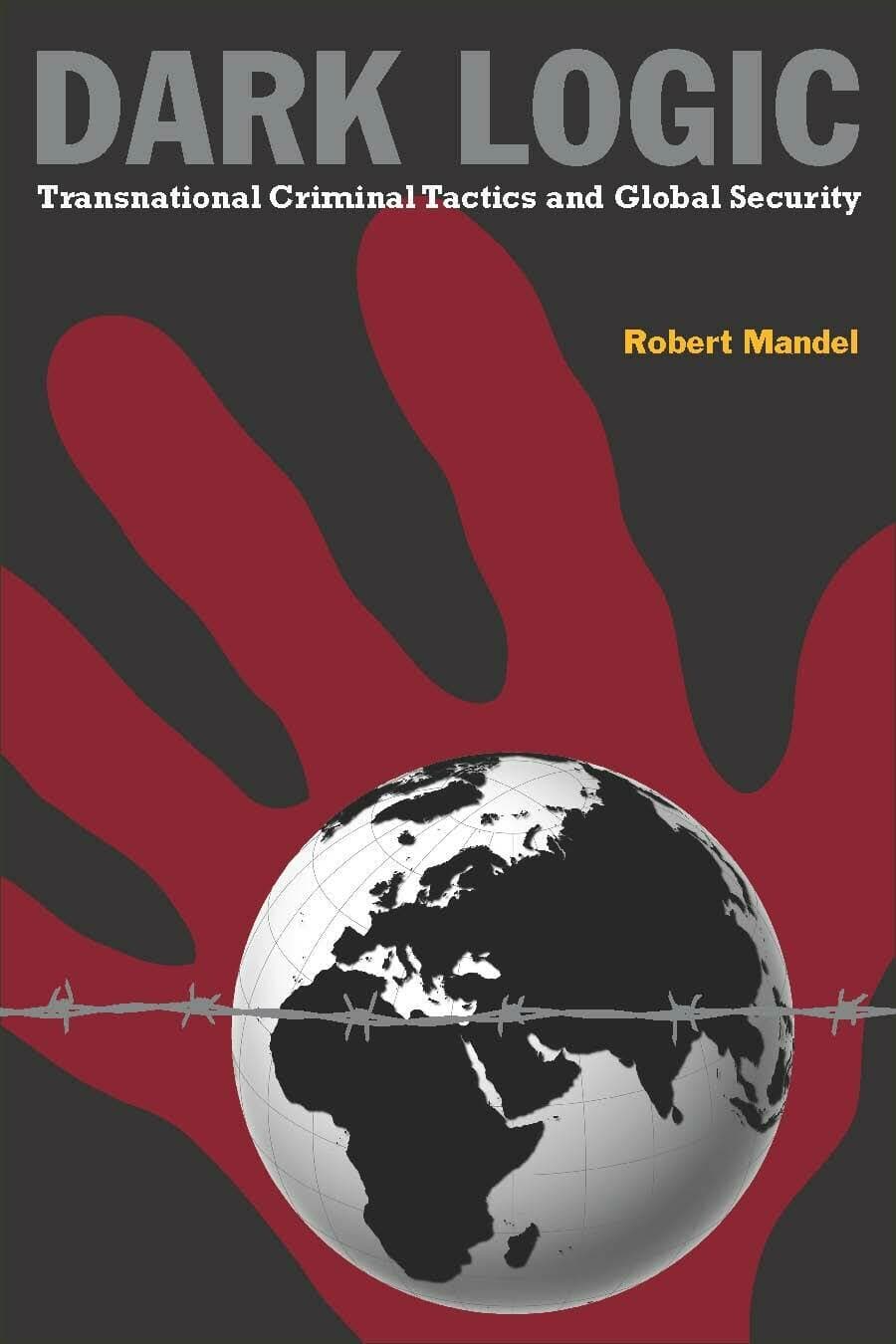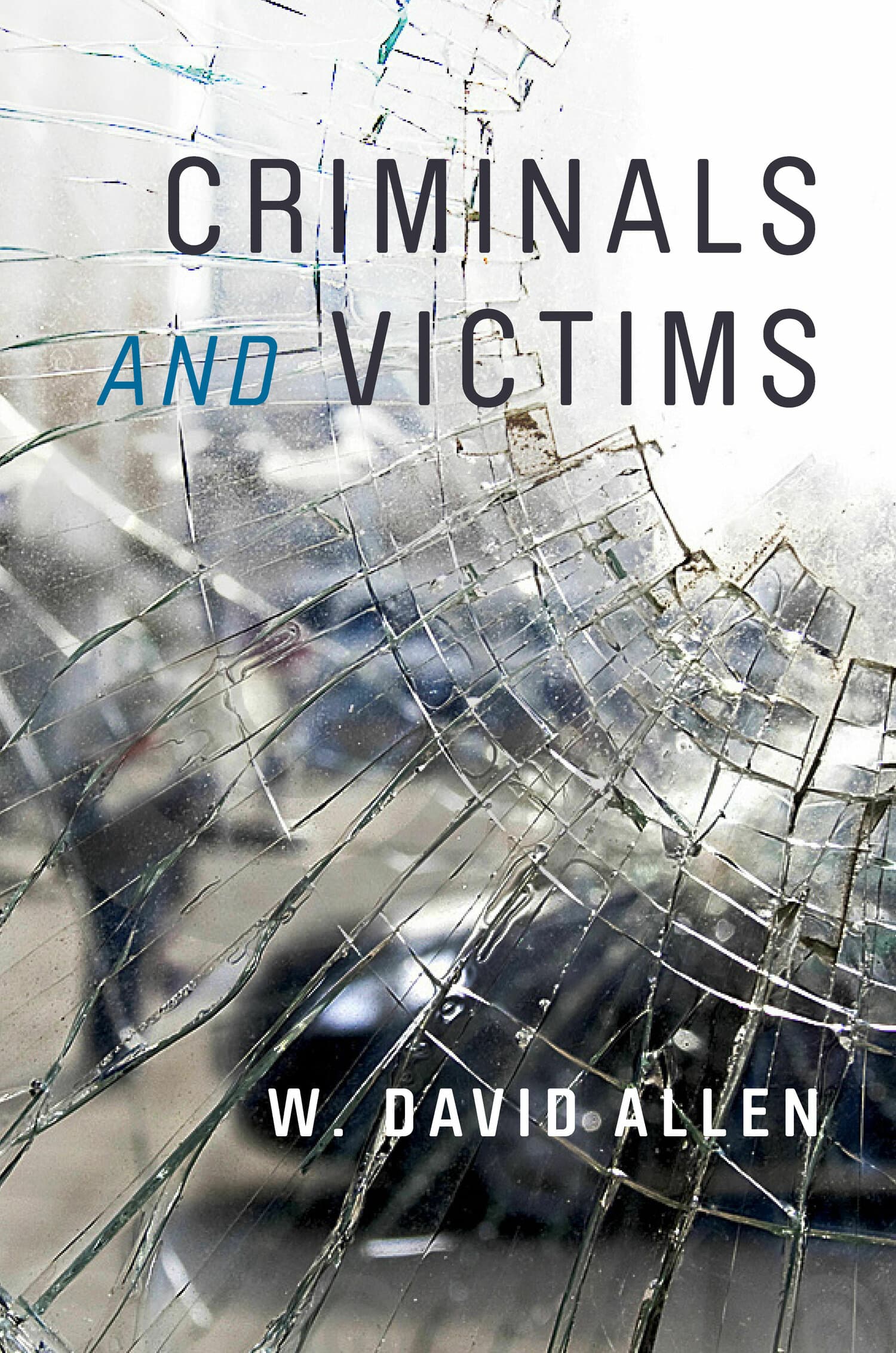Imagining the International
Award Winner
2021: Hart-SLSA Book Prize
Winner of the 2021 Hart-SLSA Book Prize, sponsored by the Socio-Legal Studies Association (SLSA).

International crime and justice are powerful ideas, associated with a vivid imagery of heinous atrocities, injured humanity, and an international community seized by the need to act. Through an analysis of archival and contemporary data, Imagining the International provides a detailed picture of how ideas of international crime (crimes against all of humanity) and global justice are given content, foregrounding their ethical limits and potentials. Nesam McMillan argues that dominant approaches to these ideas problematically disconnect them from the lived and the specific and foster distance between those who have experienced international crime and those who have not. McMillan draws on interdisciplinary work spanning law, criminology, humanitarianism, socio-legal studies, cultural studies, and human geography to show how understandings of international crime and justice hierarchize, spectacularize, and appropriate the suffering of others and promote an ideal of justice fundamentally disconnected from life as it is lived. McMillan critiques the mode of global interconnection they offer, one which bears resemblance to past colonial global approaches and which seeks to foster community through the image of crime and the practice of punitive justice. This book powerfully underscores the importance of the ideas of international crime and justice and their significant limits, cautioning against their continued valorization.
"This insightful book is a much-needed corrective antidote to the nostrums of internationalism. Nesam McMillan unwraps how violence that crosses the gaze of international law becomes appreciated but also appropriated and othered at the same time. This book is a compelling call for inclusiveness and a powerful exhortation for globality to transcend post-coloniality."—Mark A. Drumbl, Washington and Lee University
"Imagining the International is an innovative, compelling and much-needed intervention. Forcing us to rethink our assumptions, McMillan questions how certain crimes are established as globally important and others not, and explores the ethical, cultural, and political implications of creating hierarchies of suffering delinked from human experience."—Eve Darian-Smith, University of California, Irvine
"Instead of the idealized discourse about exceptional crimes as a spectacle that objectifies the victims, the global justice project needs to be newly conceptualized from the positions of equality and solidarity. McMillan's book is an important step in this direction."—Katarina Ristic, Connections
